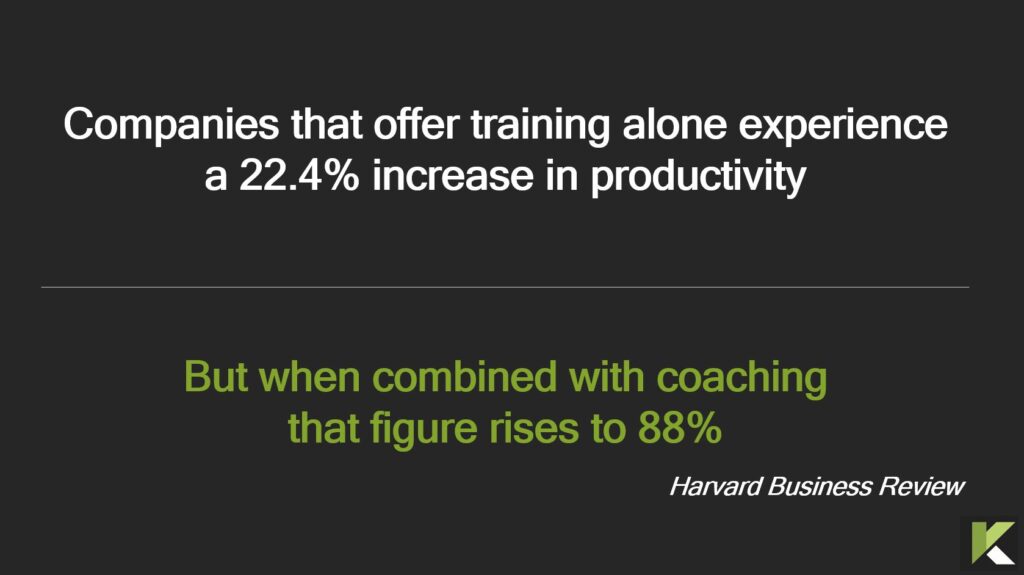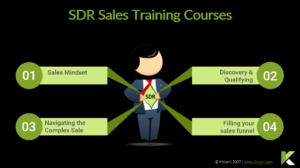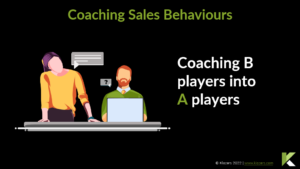CEO Coaching
There is little doubt that the world’s economy has been hit hard by the stormy seas of the Covid-19 pandemic and subsequent lockdowns. Many business leaders rightly switched to survival mode as they struggled to keep their “ships” above water.
Governments and Economists are all positive on life after lockdown. How accurate they will be remains to be seen, but either way, businesses cannot function in “survival mode” indefinitely if they are seeking to grow.
Kick starting your business out of “survival mode” and into “thrive mode” is no easy task and should not be underestimated. The “safe” option of remaining in Survival mode has as many risks as going for growth.
If your business has survived thus far, there are typically three things you have focused on:
Finance – your Accountant has worked with you to successfully cut any excess cost’s out of your business. What were previously seen as simple expenses are now seen as a luxury.
You have reduced your aged debtor list and negotiated extended payment terms to ease cash flow concerns and all the other good things Accountants advise us.
Operations – you have figured out how to deliver the same product or service faster and cheaper than you did before. Your operational efficiencies are at an all-time high.
Staff – you have had to do the worst thing any business leader has to do; let good people go. Hopefully that bitter pill was worth swallowing to save the other people in the business.
Having completed this exercise your business is probably now safe like a ship in the harbour. The problem however with all these improvements, is that usually, they can only be done once.
After the first time they are no longer efficiencies, they are cutbacks and cutbacks do not help you grow your business.
The only way to kick start your business is with Sales & Marketing, but for most businesses this is the most difficult nut to crack. You are groaning at the mere thought of throwing more money where in the past you have been disappointed as follows:
Sales – you have hired numerous “Sales Studs” who turned into “Sales Duds”. They said they were Business Development, but all they did was try to look after your existing customers. They brought in some low hanging fruit from their black book which quickly dried up.
They didn’t complete your CRM, but they did complete their expense forms, albeit late. They cost you a lot of money in recruitment fees and salaries, and you couldn’t wait to get rid of them.
Marketing – you needed sales leads so you could go out and sell and they didn’t deliver. When questioned they told you they were creating “Brand Awareness” – all good, but only if you have enough revenue coming in to keep the lights on.
Then you tried Social Media and like all marketing, some of it worked and some of it didn’t, but you’re not sure what. At the end however, you still had the bill for everything.
So when the economy was down it was an easy decision not to invest in the lottery that was Sales & Marketing.
The economy will change for the better, but after all this, most business leaders are going to think twice about investing more of their time, energy and hard-earned money on Sales & Marketing.
The good news is your are not alone, as most Leadership teams struggle to break out of this cycle. More often than not, even the businesses who are thriving have experienced the same or similar challenges as you.
The bad news is unless your business has an effective Sales & Marketing function, your business growth will be limited if at all.









